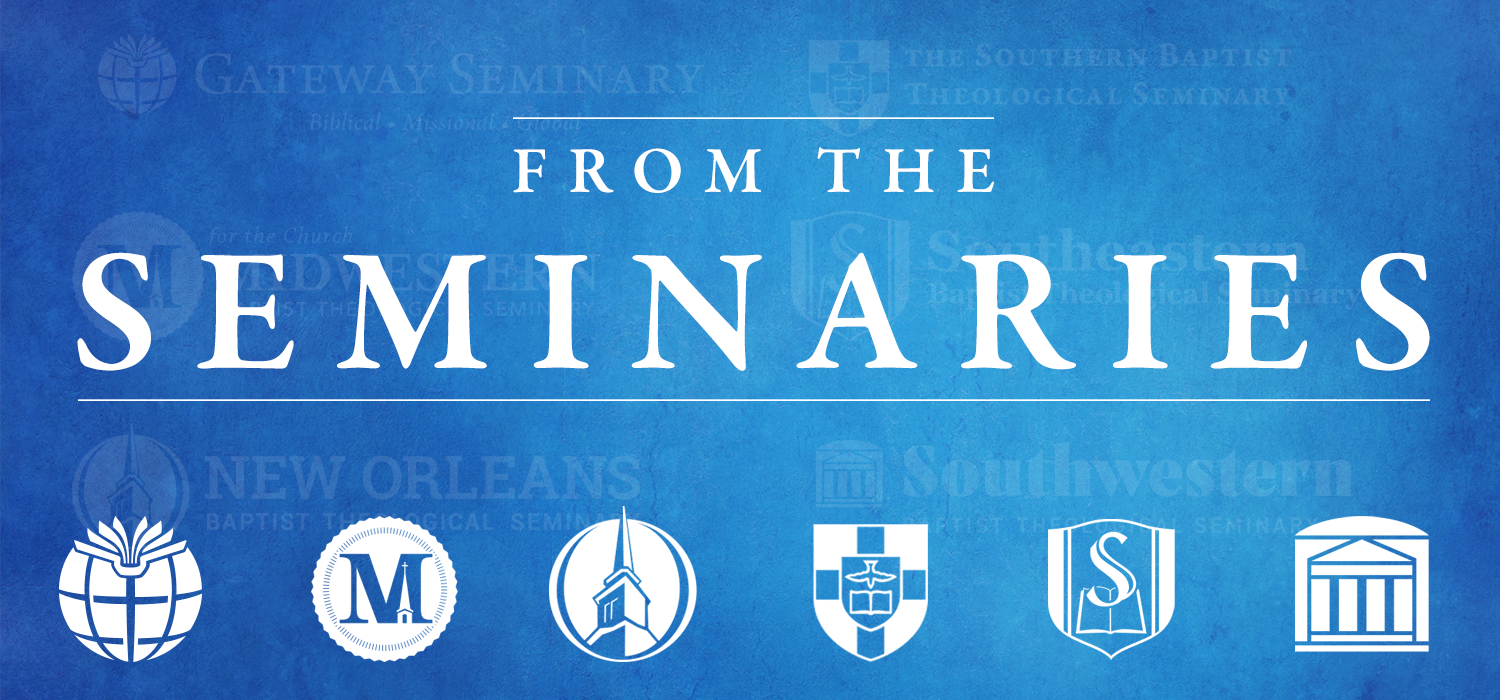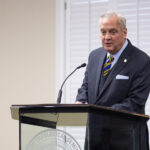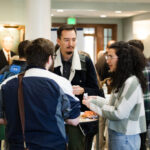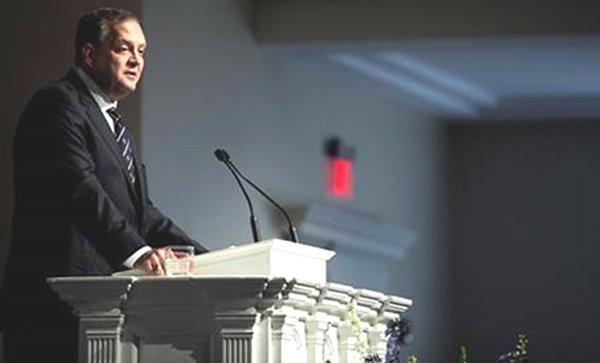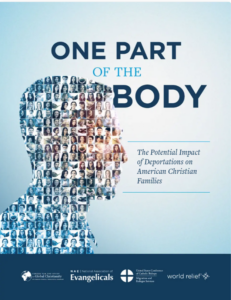
SBTS Hires New Director for Hispanic Online Program
By Travis Hearne

LOUISVILLE, Ky. (BP) — Roberto Carrera has been named director for Online Hispanic Program (OHP) at Southern Seminary. Southern serves an increasingly global and diverse network of churches—making OHP a critical avenue for delivering theological education to Hispanic leaders.
SBTS President Albert Mohler said the Hispanic program is important to the seminary’s mission, particularly since the destructive weeds of prosperity theology have grown widely across the spiritual landscape of the Spanish-speaking world.
“The Spanish-speaking world is on Southern Seminary’s heart, and we see both a great opportunity and a great responsibility,” Mohler said. “Prosperity theology and other challenges have made significant inroads into the Hispanic world. At the same time, there is an incredible, even unprecedented openness to the gospel and we are excited to establish partnerships with pastors and churches who we see as the crucial leaders for an awakening of Christ’s church in the Spanish-speaking world.”
Brian Renshaw, associate vice president for the Global Campus, is thrilled to see Carrera move into the new role.
“After a full search for the new director of the Online Hispanic Program, it was confirmed that Roberto, with his vision, administrative skills, and experience as the associate director, was the right individual to be promoted and lead the program to continue to equip Hispanic leaders to spread the gospel of Jesus Christ to North America and Latin America.”
Carrera’s promotion is the right fit for Southern partly because he’s been involved with SBTS since 2011—completing his MDiv in 2016 and starting a PhD in Old Testament the same year under Peter Gentry. Carrera has worked for OHP since December 2019.
Hispanic Online collaborates with institutions and leaders by providing theological education in Latin America. With high quality dubbing and contextualization, students can learn in their own language with the quality and depth that characterizes SBTS professors.
Anna Daub Promoted to Director of Special Projects and Partnerships
By Lauren Pratt
WAKE FOREST, N. C. (BP) — Anna Daub believes the Great Commission will not be fulfilled by Westerners alone but by people from every nation going on mission together.
This belief in the Church and its significance in God’s mission in the world is the reason Daub has loved getting to work in Southeastern Baptist Theological Seminary’s (SEBTS) Global Theological Initiatives (GTI) office for the past five and half years and why she’s looking forward to her promotion this fall to Director of Special Projects and Partnerships.
“As the new Director of Special Projects and Partnerships, Anna will plan and implement several of our new creative theological innovations for majority world theological education, including the formation of educational opportunities for women leaders around the world and pathways for GTI students to participate in our doctoral programs as well as specialized certificate training opportunities,” said Dr. John Ewart, Director of Global Theological Initiatives at SEBTS. “We are very excited to see her take on this new and extremely strategic role.”
This new role was developed out of Ewart’s desire to renew the team’s vision to include future partnerships and educational opportunities for majority world Christians. On the heels of COVID-19, the question for Ewart and his team became: Where does GTI need to go from here?
The goal of GTI is to work with proven and positioned leaders in denomination, convention, and theological education leadership who can biblically and faithfully train the next generation. GTI also includes three initiatives that focus on strategic emphases, including Hispanic, East Asian, and Persian Leadership Initiatives as well as partnerships in Africa, Europe, and South America.
With the implementation of Daub’s new role, opportunities for training majority world Christians will only continue to expand with hopes of including certificates for women and faculty as well as finding men and women who are called to doctoral work at SEBTS. The goal is not to compete with what entities and seminaries are already doing around the world but rather to provide opportunities where they don’t yet exist. Daub is particularly excited for the emphasis on theological education for majority world women so they can be trained to know the Bible and teach it to other women in their context.
“Thinking through creative ways to get women theological education may not mean that they’re going to be the people who write textbooks next year,” said Daub. “But it hopefully means that they grow in their love for the Bible. I want to give them the tools to be able to know how to use God’s Word. My hope would be that some of them would say, ‘I want to go further [in my education].’”
